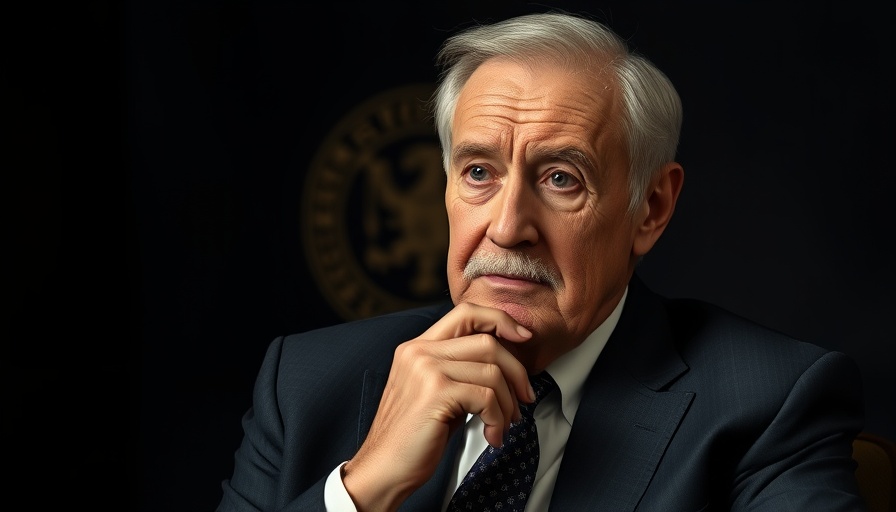
Netanyahu’s Call for Disarmament: A High-Stakes Gamble
In a crucial moment for diplomacy in the Middle East, Israeli Prime Minister Benjamin Netanyahu has made it clear that the future of peace in Gaza hinges on Hamas disarming. Following President Donald Trump's recent visit to Tel Aviv, which heralded the first step in a 20-point peace plan, Netanyahu articulated the stakes at play: disarmament is not just a demand; it is a necessity. He stressed the potential consequences declaring that if Hamas does not demilitarize, then, as Trump warned, 'all hell breaks loose.'
The Complex Dynamics of the Peace Plan
This peace plan comes on the heels of years of conflict and suffering in Gaza. A significant component of this plan includes the release of hostages, with all 20 Israeli hostages being returned after navigating complex negotiations involving nearly 2,000 Palestinian prisoners being released by Israel. This quid-pro-quo arrangement underscores the delicate balance necessary for peace in the region. However, Hamas’ indefinite rejection of disarmament complicates the implementation of Trump's vision, which aims to create a demilitarized Gaza.
Is the International Community Ready for Action?
As attention shifts towards Israeli-Palestinian relations, the role of international mediators cannot be overstated. The United States, joined by Egypt, Qatar, and Turkey, are positioned to facilitate discussions on a 'strong, durable, and everlasting peace,' as coined by Trump. Nevertheless, the success of any peace agreement will heavily depend on the enforcement of demilitarization and international commitments to support the governance transition in Gaza, which is set to be overseen by a newly proposed Palestinian technocrat committee.
Potential Consequences of Non-Compliance
Netanyahu’s statements hint at severe repercussions should Hamas refuse to comply with disarmament. Notably, Trump's stark warning of a 'quick,' potentially violent response from the US if Hamas fails to cooperate keeps the pressure on the Islamist group. This situation paints a chilling picture where diplomacy could quickly turn into conflict if diplomatic channels do not yield results. The implications are far-reaching, raising concerns about stability not just in Gaza, but across the broader Middle East.
Hope Amidst Uncertainty
Despite the high stakes, both Netanyahu and Trump express a cautious optimism about achieving peace. Referencing the Abraham Accords, Netanyahu insists there is a viable pathway to broader peace that could transform the region. Historical precedents show that normalization between Israel and Arab nations is possible, even amid deep-rooted animosity. However, the success of this peace plan also significantly relies on whether or not Hamas can pivot towards a non-military vision for its future.
Public Sentiment: Families of Hostages Demand Justice
Adding another layer to this complex scenario is the emotional weight carried by families of hostages and deceased individuals. Advocacy groups, like the Hostages and Missing Families Forum, have demanded that the plan's implementation be contingent on the complete return of all hostages, including deceased individuals. This sentiment highlights the intertwined nature of justice and peace, where any semblance of a peaceful resolution must also acknowledge the profound loss faced by many families.
Concluding Thoughts: The Path Forward
As the world watches closely, the pressure mounts on both Israel and Hamas to deliver on the promises of peace. The absence of a clear path to disarmament complicates not only the immediate situation but stands as an obstacle to achieving lasting stability in Gaza. Clearly, the stakes are high, and the call for Hamas to disarm is fraught with both risk and opportunity for peace in a region weary of conflict.
 Add Element
Add Element  Add Row
Add Row 



Write A Comment